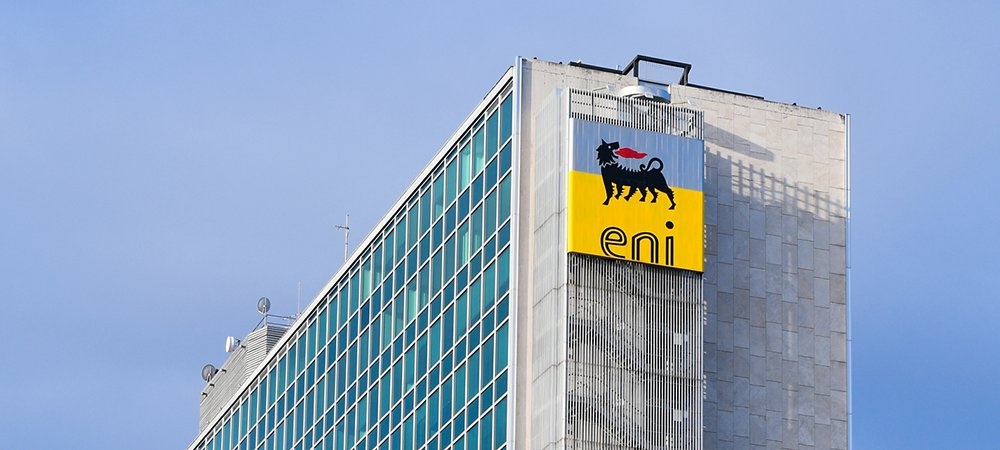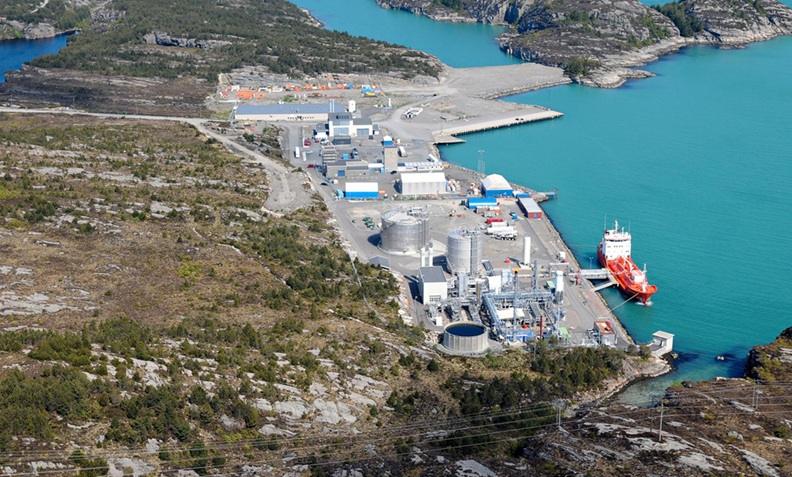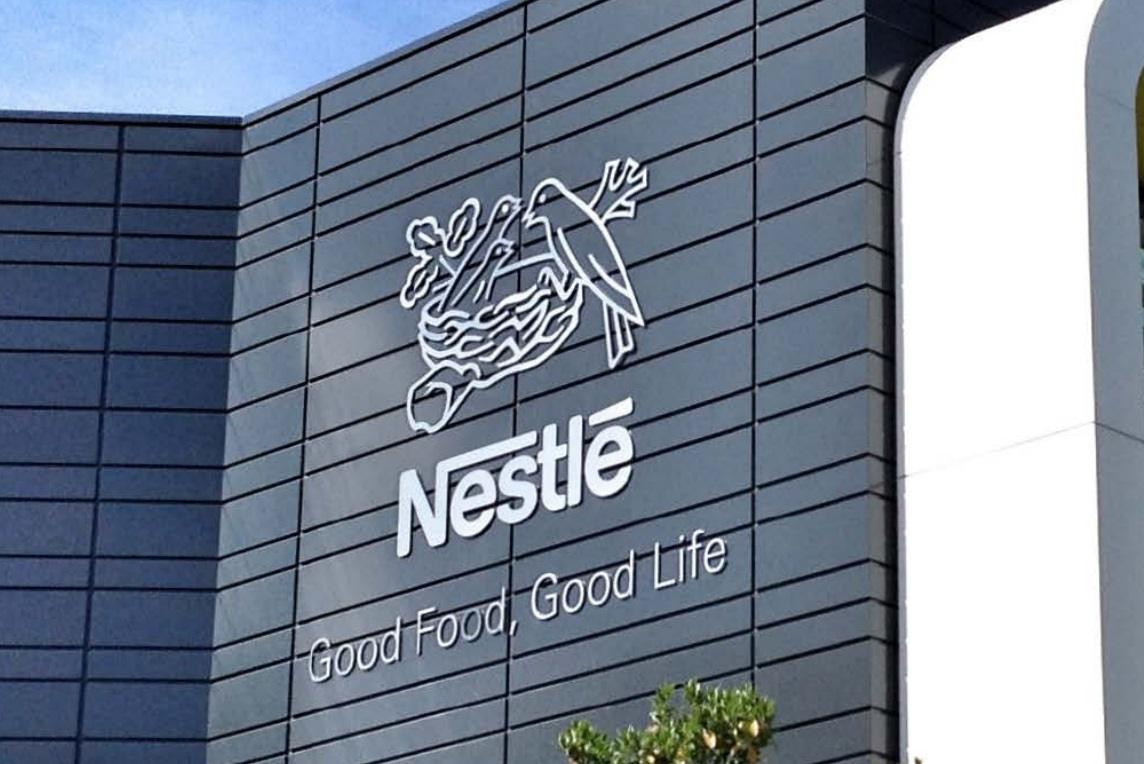Eni, Air Liquide Target Hard-to-Abate Industries with Carbon Capture Solutions
Italian energy company Eni and leading gases, technologies, and services company Air Liquide announced today a new partnership aimed at applying carbon capture, aggregation, and transport solutions to help decarbonize hard-to-abate industries in the Mediterranean region of Europe.
Carbon capture technology removes CO2 from the air, or from industrial facilities before the CO2 is released, typically for sequestration or mineralization deep in the earth. Scaling carbon capture technologies is seen as key to enabling the achievement of global climate goals, and the sector has evolved as a focus investment area for companies, governments, and investors.
Pascal Vinet, Air Liquide Senior Vice President, and Executive Committee member, supervising Europe Industries, said:
“We are pleased to cooperate with Eni in this important decarbonization initiative and leverage our expertise in CO2 management to concretely contribute to the reduction of industrial carbon emissions in Europe. Supporting the decarbonization of the Industry is one of the strategic pillars of Air Liquide, which is committed to addressing the urgency of climate change and reach carbon neutrality by 2050.”
Eni and Air Liquide will collaborate to identify clusters of hard-to-abate industries in the region and define the best possible configuration to develop a large-scale Carbon Capture and Sequestration program. Air Liquide will develop CO2 abatement solutions using its proprietary technology Cryocap, which is able to capture up to 95% of CO2 from industrial facilities, while Eni will identify permanent CO2 storage locations in the Mediterranean Sea.
Luigi Ciarrocchi, Eni’s Director, CCUS, Forestry, and Agro-Feedstock, said:
“The goal of achieving carbon neutrality by 2050 is a pillar of Eni’s strategy. CCS is pivotal in the decarbonisation process, in particular for the most energy and carbon-intensive industrial sectors. By contributing to reduce emissions from hard to abate sectors, we aim to promote a process of environmental and at the same time economic and social sustainability, supporting the continuity of industrial activities, such as, but not limited to, cement and steel, that are central to Italy’s economy.”





